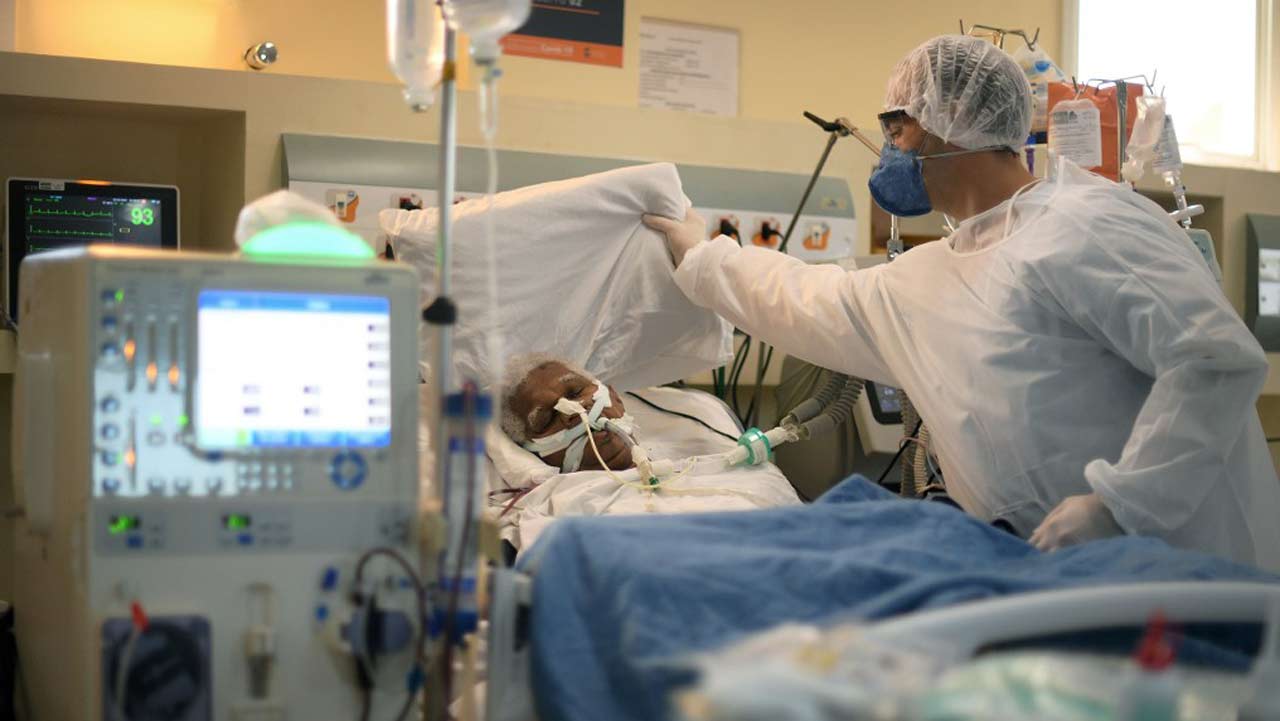The United States, U.S Food and Drug Administration, has approved a first-of-a-kind ‘artificial pancreas’, a device that can help some diabetic patients manage their disease. The device from Medtronic was approved on Wednesday for patients with Type 1 diabetes and it will constantly monitor their blood sugar and deliver insulin as needed. Quoting Medtronic, newsmax reported that the device will cost between $6,000 and $9,000, similar to its other insulin pumps.
The FDA said it approved the device based on a threemonth study of more than 120 patients. The study reported no major adverse events, such as dangerously low blood sugar, showing that the device is safe for those 14 years and up, regulators said in a release.

The pump is about the size of a deck of cards and can be worn on a belt or carried in a pocket. According to the Director of the FDA’s Device Center, Dr. Jeffrey Shuren, the device “can provide people with Type 1 diabetes greater freedom to live their lives,” Type 1diabetes, once known as juvenile diabetes or insulin-dependent diabetes, is a chronic condition in which the pancreas produces little or no insulin, a hormone needed to allow sugar (glucose) to enter cells to produce energy. It is the kind usually diagnosed during childhood.
However, the new MiniMed 670G consists of a drug pump, a sensor that measures blood sugar and a tube that delivers the insulin. The sensor measures sugar levels every five minutes, infusing or withholding insulin as needed. Patients still have to manually increase insulin before meals. Doctors said they have long awaited a device that could help patients around the clock. “I can’t wait to get my hands on it because I can think of a lot of our patients who need this,” said the Cleveland Clinic’s Dr. Betul Hatipoglu. “Now I have a helper who is going to help me to help them.”
Presently, Type 1 diabetes patients now have to manage their insulin through multiple injections throughout the day or a drug pump that delivers it through a tube. Their own pancreas doesn’t make insulin, a hormone needed to turn food into energy
They face increased risks of dangerously high blood-sugar levels, heart disease and many other health problems. Older insulin pumps simply deliver a baseline level of insulin, and patients must monitor their sugar levels and give themselves more insulin to keep their blood sugar from getting too high.
By: Appolonia Adeyemi
New Telegraph News
ABUJA: Training Schedule for Basic Life Support BLS, Pediatric Advanced Life Support (PALS), Advanced Cardiovascular Life Support ACLS, First Aid, CPR, AED
PORTHARCOURT: Training Schedule for Basic Life Support BLS, Pediatric Advanced Life Support (PALS), Advanced Cardiovascular Life Support ACLS, First Aid, CPR, AED
LAGOS: Training Schedule for Basic Life Support BLS, Pediatric Advanced Life Support (PALS), Advanced Cardiovascular Life Support ACLS, First Aid, CPR, AED




